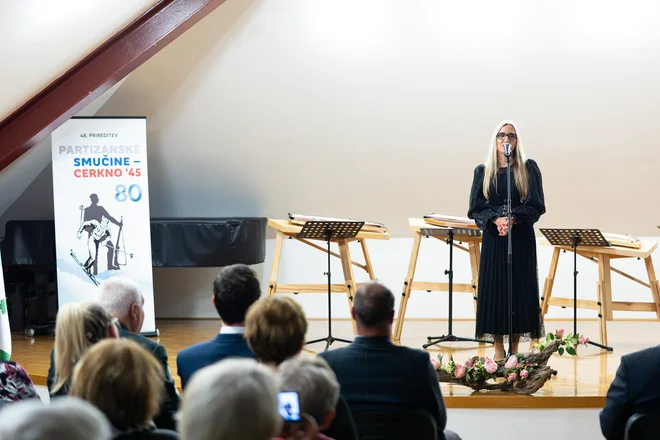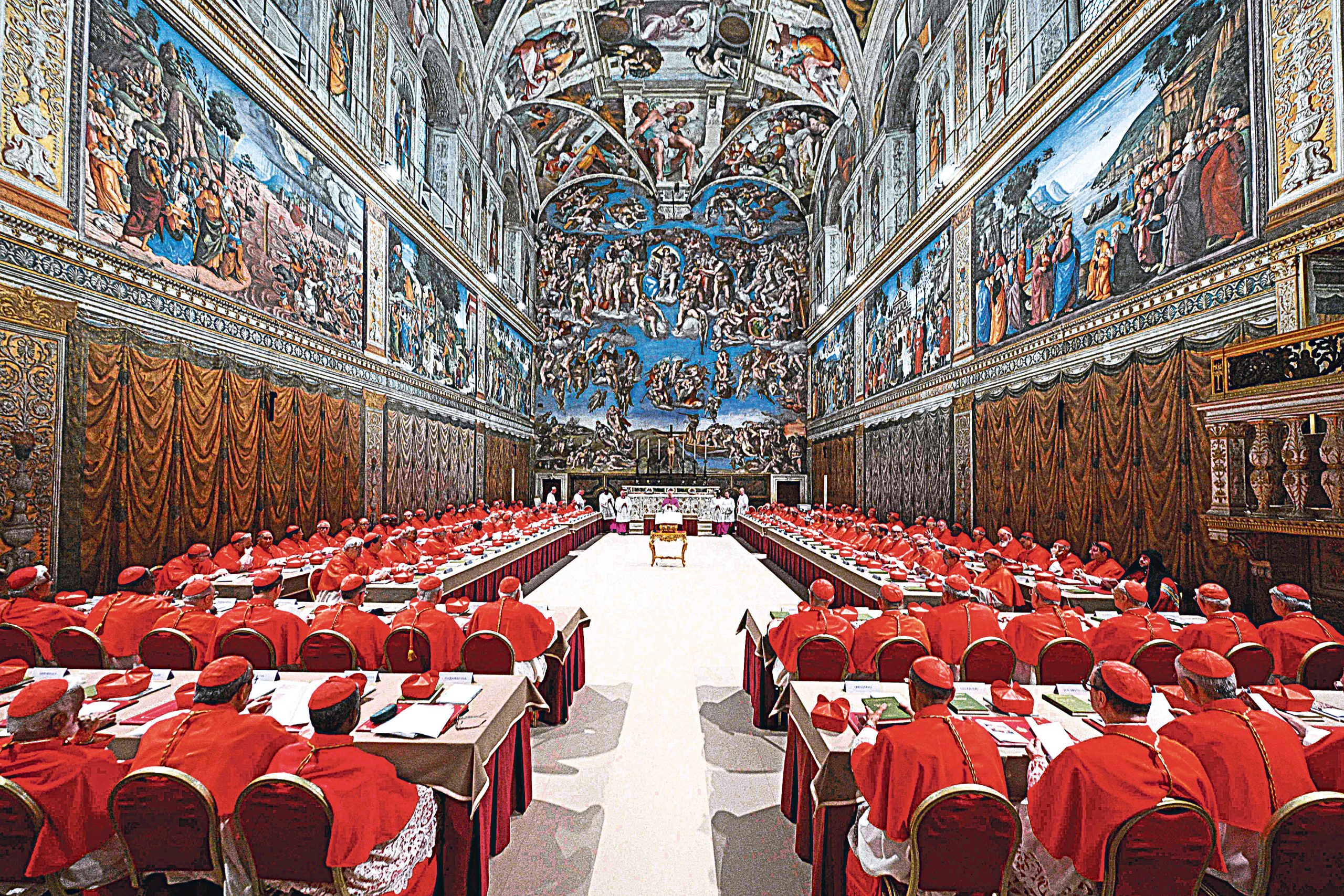Combined election system for greater tolerance in society

In the discussions before the legislative referendum on the law to the supplement of the pension for outstanding achievements in the field of art, contradictions between those who are for the law and those against the entry into force of the law were again developed. Party speakers, which we have chosen according to the valid electoral system of a proportional party representation in the National Assembly (DZ), will enter the first battle line.
According to the past debate between the parties’ representatives and their potential (chess) seconds, they take place in the style of hard insisting on the views already presented and criticizing the justification of the other side.
Prof. dr. Miran Mihelčič, economist. Photo: Tamino heels
My purpose in this post is not to give support to one side or the other, but a warning of the roots of the planned event, characteristic of attempts to devalue the views of the other, especially to activate your party supporters before the next elections in the National Assembly.
Namely, politicians have been at the forefront of Slovene political life, to impose an utterance for one or the other political party, thereby pushing the problems of our citizens and society as a whole to be pushed into the background. And not only that! With such political action, more or less covertly cultivated intolerance among people, who is emphasized in the case of a valid electoral system.
It is the pressing problems that are the content that you should deal with in the National Assembly. It is true that, with the consent of the trade unions and the related silence of the opposition, perceived as a quiet landing, the government adopted a public sector salary reform, which itself – with its basic governmental purpose to calm employees’ dissatisfaction in this part of society – also consider it completely unprofessional.
Health and pension reforms are also prepared, and the issues of demography, the realization of long -term care, the uneven development of the areas, the protection of the environment, the increase in income inequality, the sale of Slovenian economic assets, the lack of domestic workforce carriers, self -sufficient supply of food, energy and transport infrastructure, energy and transport infrastructure, are also prepared. Behavi of road users, educational system, safety, defense, the functioning of the judiciary and so on. Too many problems to solve in a single mandate of any government, especially if the willingness to participate in the National Assembly is too often exposed to the way any opposition parties under the motto « Disable them ».
In the aforementioned, let me also highlight the corruption and increase of violence, which we do not sometimes want to manage, and the worrying extended effort – especially in the public sector – for reducing work responsibilities that leads to less efficiency of Slovenia compared to other countries.
These and other problems remain as an object of background rescue, among other things – at least I am convinced – also because the valid system of elections in the National Assembly, by its design, directs us to the weighing, which parties – and whose government – can cause us less harm after the elections. Choosing the best people to make decisions in the National Assembly, in direct comparison with other candidates or candidates for the parliamentary function, is paid much less attention.
The proportionality of party representation in the National Assembly remains, and the number of MEPs who would think more about the problems presented and act to solve them in favor of the whole society, is reduced earlier than increasing. Why? Because in the electoral system as we have, the thought of Anthony Downs (1957) about the rational ignorance of voters is expressed. He pointed out that voters must invest time and effort to determine which policy is in fact which candidate. In the conditions of the electoral system we have in our country, the possibility that the individual’s voice would significantly decide in the elections is so small, since all voters in Slovenia are indirectly influenced by the possibilities of each candidate.
Therefore, voters simply do not find it worth all of time and effort to be well informed. As a result, most people vote on the basis of general party labels or do not go to elections at all. Continuous mutual accusation between parties further increase the confusion between voters. So how do you reduce the feeling of considerable helplessness in voters and voters?
Simple: We have to strengthen – I deliberately avoid using the now popular words to « empower » – their influence. The increase in their influence is undoubtedly provided by the offered proposal of the combined two -round electoral system of both the Association of Pensioners of Slovenia from 2014 and the civil society of Synthesis from the beginning of this decade.
According to both proposals, each voter would have two votes in the first round of elections, the first for a candidate or candidate, party or independent, the second for a political party or list. The number of votes for clients or lists, in the case of their at least approximately equal quality candidates, would also ensure the proportionality of parliamentary terms for clients or lists. However, the number of mandates for all parties and lists together would be reduced, and for the number of mandates that could actually receive independent candidates in such a system.
And more! Eamonn Butler in the booklet The right to a public choice (The Institute of Nova revija, the Institute for Humanities, 2017) finds that « there is something good in electoral systems that depend on the repeated circles of votes. » Therefore, the two proposals of the electoral system stipulate that on the basis of the first vote in the second round for 44 parliamentary mandates-when no one in the first round, no more than 50 % of voter support in the first round-two in the constituencies compete with the most votes in the first round.
In the efforts for some of these 44 terms (from 88 and 90, respectively, if I mention the representation of both national communities), people outside the parties could also be involved in the election match: independent. The remaining 44 terms, however, would be divided between clients or lists based on another voice.
I am convinced that such an electoral system would not only increase the interest in participating in the elections and create an atmosphere of greater tolerance in society, but also gain a quality National National Assembly: namely, the candidates of independent candidates would blend the sharpness of the attacks between the parties, and the parties would have to apply for voters there in constituencies.
Namely, if they were to run « extremely fighting soldiers of parties », they would almost certainly be unacceptable for the majority in the likely second round. This, in turn, would mean that the mandates would be more acceptable and, as a rule, a more appropriate person to the voters. I believe this would contribute to greater tolerance in our country.
However, despite the clearly expressed orientation of the participants in the consultative referendum on the electoral system, this writing sounds like a fairy tale as a fairy tale, we must « thank » our democratic parties, who obviously continue to swear only without shame.
***
Prof. dr. Miran Mihelčič, economist. The article is the opinion of the author and does not necessarily express the position of the editorial board.







